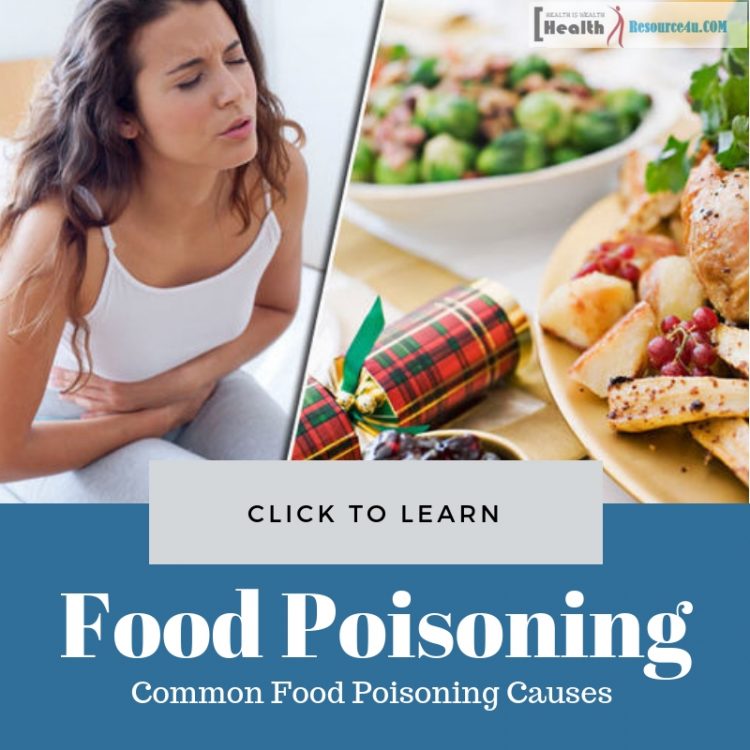
Those are signs that bacteria may be damaging the lining of your intestines. Lipman, M.D., professor (emeritus) of clinical medicine at New York Medical College in Valhalla, NY abd former chief medical adviser at Consumer Reports.ĭefinitely don't use anti-diarrheals if you have bloody diarrhea or a fever higher than 101.5° F. Slowing things down can make you feel better initially, but it also means the bug causing your symptoms stays in your system longer," says Marvin M. "Diarrhea can make you feel terrible, but it's not necessarily a bad thing. If you're an otherwise healthy adult, they are generally safe to take, but if you can keep fluids down, you may want to tough it out. To replace lost electrolytes and prevent dehydration, CDC officials recommend drinking oral rehydration solutions such as Ceralyte, Oralyte, or Pedialyte, which it says are more effective than sports drinks for treating foodborne illness.īut don't automatically reach for anti-diarrheal medications such as Immodium (sold generically as loperamide). But in severe cases, you can develop serious complications including swelling of the brain, seizures, and a life-threatening drop in blood volume and pressure. The first symptoms of this include headaches and dizziness. Bouts of diarrhea or vomiting can mean that you're losing more fluids and electrolytes than you're taking in, which leads to dehydration. Check out this helpful foodborne-illness table from the Food and Drug Administration for more details about symptoms caused by the bacteria that are responsible for the most common ones, along with examples of foods in which they are found. coli O157:H7 for you to have the severe diarrhea and other nasty symptoms it brings.Īnd the lag time between eating deli meat tainted with listeria bacteria and developing fever and muscle aches along with gastrointestinal symptoms may be more than a month. But it can take more than a week after having a burger containing E.

Foodborne illnesses are caused by many different bacteria, viruses, parasites, or toxins produced by bacteria, and the symptoms you get and how soon you feel them vary based on which contaminant was in your food.įor instance, you can be hit with severe nausea and vomiting just an hour after eating contaminated chicken salad that has a type of toxin-producing bacteria called Staphylococcus aureus. People who suspect they have food poisoning often assume it had to be from something they ate right before they started feeling sick, but that's not always the case. If your stomach just feels upset or you have heartburn, bloating, or gas but no vomiting or diarrhea, it's probably indigestion, not an infection. Rogers, Ph.D., director of food safety and research at Consumer Reports.īut it's possible to be sickened by food that doesn't seem to bother anyone else simply because the burger or slice of papaya that you happened to eat was more heavily contaminated with disease-causing bacteria.įood-poisoning symptoms-abdominal pain, stomach cramps, and multiple bouts of diarrhea or vomiting-tend to be more severe but shorter-lasting than when it's a stomach bug. For example, Noroviruses are a leading cause of foodborne illness, usually from produce or shellfish, but they are highly contagious and spread rapidly on surfaces touched by people who are infected. (That's why they're notorious for spreading on cruise ships.) Additionally, illness caused by these viruses tends to be seasonal, peaking in the winter in one part of the country and the spring or summer in another.Ĭhances are it's food poisoning if someone else who ate the same food is sick as well, says James E.

Gastrointestinal viruses can either be environmentally spread or foodborne. coli are usually foodborne (although in some cases it is possible to "catch" food poisoning from someone else who has it). The difference is whether you picked up the infection by eating something that was contaminated with a bacteria or virus or by touching a tainted surface and transferring the germs from your hands to your mouth.įor the most part, gastrointestinal upsets caused by bacteria such as salmonella and E. When you talk to your friends the next day, you find that no one else was sick.Ĭould you have gotten food poisoning, or were you hit with a stomach virus?įood poisoning and a stomach bug are essentially the same thing-a viral or bacterial infection that causes gastroenteritis, the medical term for inflammation of the stomach and intestines, which leads to vomiting and diarrhea. After having dinner with friends, you wake up in the middle of the night feeling queasy, and then proceed to spend the next several hours making too many trips to the bathroom.


 0 kommentar(er)
0 kommentar(er)
